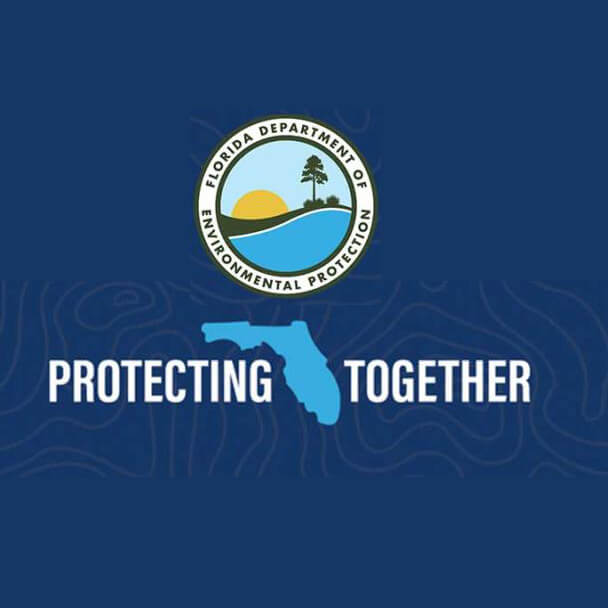Well Water Woes: Investigating Problems and Contamination in Florida
Introduction
Florida, known for its picturesque landscapes and diverse ecosystems, is facing a growing concern regarding the quality of well water. While well water has traditionally been a reliable source for many residents, recent investigations have uncovered various problems and contamination issues, raising serious health and environmental concerns.
Common Problems in Well Water
Well water, despite its natural origins, is susceptible to several issues that can compromise its quality. Common problems include:
- Bacterial Contamination: Harmful bacteria such as coliform and E. coli can infiltrate well water, leading to gastrointestinal issues when consumed.
- Chemical Contaminants: Pesticides, fertilizers, and industrial chemicals may leach into the groundwater, posing health risks to those who rely on well water.
- Hard Water: Elevated levels of minerals, particularly calcium and magnesium, can cause water hardness, resulting in scale buildup in plumbing and appliances.
- Sedimentation: Wells may accumulate sediment over time, affecting water clarity and potentially causing damage to pumps and appliances.
Florida's Unique Challenges
Florida faces distinct challenges that exacerbate well water problems. The state's porous limestone geology allows contaminants to easily infiltrate the groundwater, leading to elevated risks of contamination. Additionally, the prevalence of agricultural activities and rapid urbanization contribute to increased chemical runoff into the water supply.
Health Implications
The health implications of contaminated well water cannot be overstated. Consumption of water containing bacteria, chemicals, or other harmful substances can lead to a range of health issues, including gastrointestinal problems, respiratory ailments, and long-term chronic diseases. Vulnerable populations, such as children and the elderly, are particularly at risk.
Regulatory Measures and Testing
Recognizing the importance of addressing well water quality, Florida has implemented regulatory measures to safeguard public health. The Florida Department of Health recommends regular testing of well water for contaminants. Residents are encouraged to test for bacteria, nitrates, pesticides, and other potential pollutants to ensure the safety of their water supply.
Remediation and Mitigation Strategies
Addressing well water woes requires a multifaceted approach. Remediation and mitigation strategies include:
- Water Filtration Systems: Installing water filtration systems can effectively remove impurities, ensuring that water is safe for consumption.
- Regular Well Maintenance: Routine well maintenance, including cleaning and inspection, can prevent sediment buildup and identify potential issues early on.
- Community Education: Educating residents about proper well care, potential contaminants, and testing procedures is crucial in promoting a collective effort to ensure water safety.
- Land Use Planning: Implementing land use planning that mitigates chemical runoff from agricultural and urban areas can help prevent contamination at its source.
Conclusion
Florida's well water woes are a complex and pressing issue that demands attention and action. By understanding the common problems, unique challenges, and implementing proactive measures, residents can work towards ensuring the safety and sustainability of their well water. Collaboration between government agencies, communities, and individuals is essential in addressing the root causes of contamination and securing a reliable source of clean water for current and future generations.





